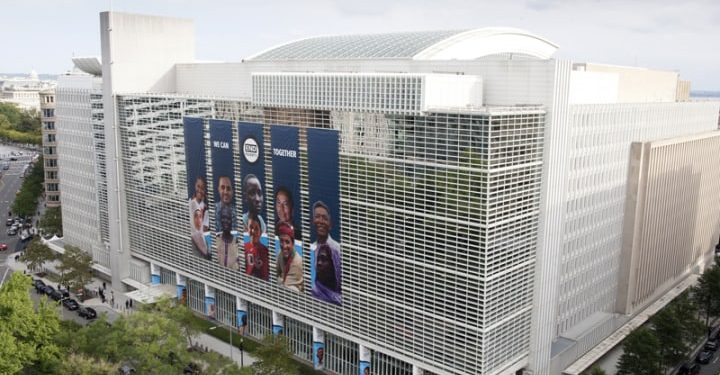The World Bank has presented three possible economic recovery scenarios from the Covid-19 pandemic for Ghana.
The possible economic recovery scenarios according to the World Bank is based on both domestic and global vaccination exercise, commodity prices, international trade, imposition of lockdowns among others.
A presentation made by David Elmeleh on behalf of the World Bank, suggested the three scenarios as being; an upside, baseline and downside scenario.
According to Mr Elmeleh, an upside scenario for Ghana indicates a V-shaped recovery where there is a quick rebound of the economy fueled by a successful vaccination programme on both the domestic and international front, a pickup in commodity prices such as oil, international trade rebound and economic activities quickly return back to normal.
Under such a scenario, the World Bank posits that Ghana will experience an average economic growth rate of 4.5 per cent from 2021 to 2023.
Under the baseline scenario, the World Bank asserts that prices of commodities pick up slowly and takes quite some time before reaching pre-Covid levels, vaccination takes longer to be completed, economic activities slows and takes a longer time to rebound among others.
The baseline scenario Mr Elmeleh pointed out, presents a U-shaped economic recovery which is what Ghana is currently experiencing. Under this scenario, the Bretton Wood institution posits that Ghana will grow at an average rate of 2.2 per cent over the next 3 years – 2021 to 2023.
With regards to the downside scenario, lockdowns are reinstituted with international trade receding, coupled with resistance against the vaccination exercise resulting in a L-shaped economic recovery. With such a scenario, economic growth rate is expected to average around 1.6 per cent from 2021 to 2023.
According to David Elmeleh, despite indications that Ghana is currently experiencing the baseline scenario, there is the possibility of the upside scenario playing out for Ghana.
“We have some very encouraging signs indicating that the upside scenario may play out,” said David Elmeleh.
Speaking further, he noted that Ghana’s fiscal deficit is expected to remain elevated in the medium-term even under an upside scenario. Factors that will drive fiscal deficit he noted will be continued need for government support by the Ghanaian populace, high levels of public investment and restructuring energy sector costs.
“The fiscal path would result in continued debt accumulation, with public debt reaching 81.1 per cent in 2023 before starting to decline,” he averred.








